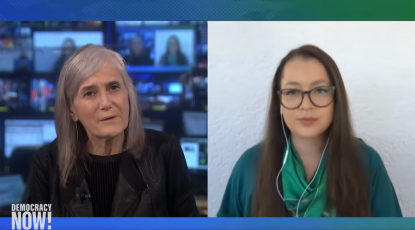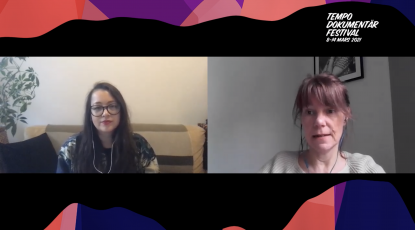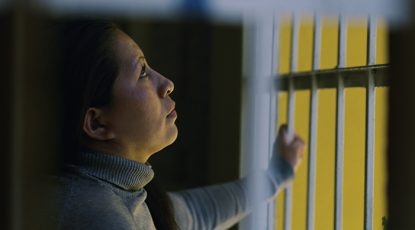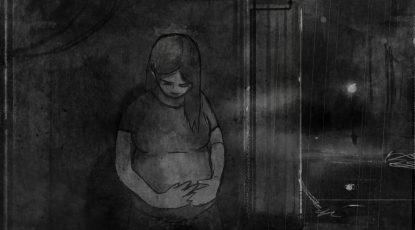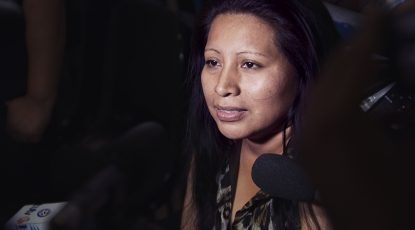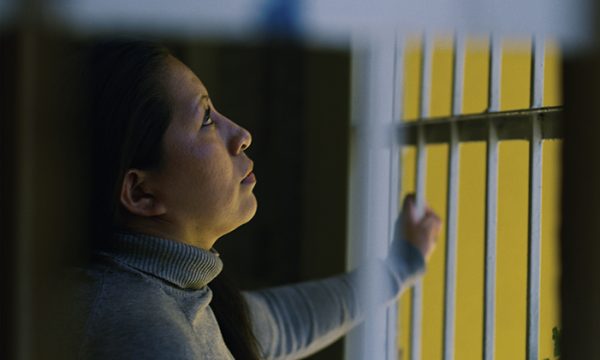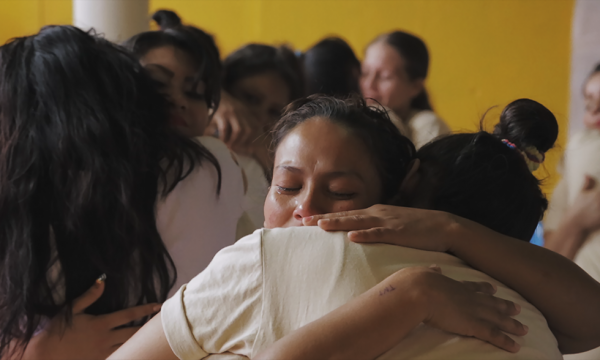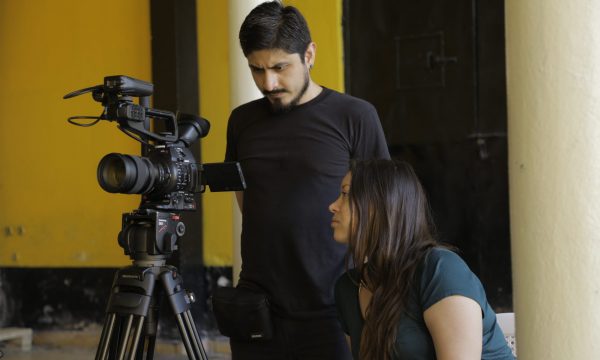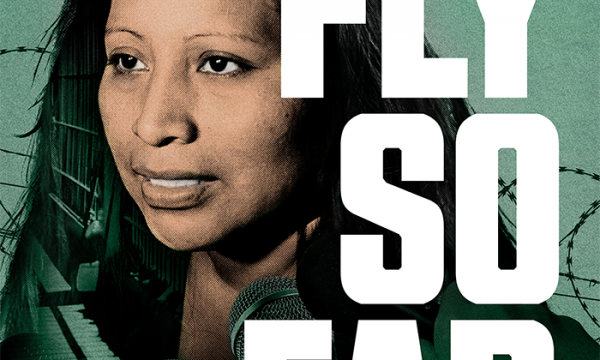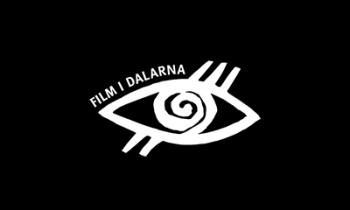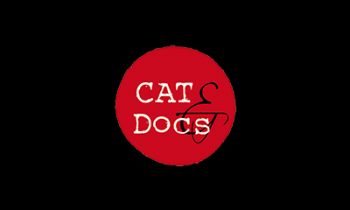Synopsis
Fly So Far follows Teodora and The Seventeen in their struggle to regain their freedom. Due to the criminalisation of abortion, they have been sentenced up to 30 years in prison for having an obstetric emergency. Their testimonies and cases are evidence of the State’s violence against women, but also of collective resilience, solidarity and sisterhood.
The film is conducted by Teodora’s journey from being in prison to become an activist for women’s rights. When the film starts Teodora is still in jail, fighting for her freedom. After being imprisoned for almost eleven years she gets released, thanks to the help of the feminist movement and Human Rights organisations. Strong and determined, she continues fighting for the freedom of those women still in the Ilopango prison, as well as for their reintegration in society once released. Inside jail the women keep on resisting and waiting for their sentences to be reconsidered.
The film highlights the possibilities of resistance through collective struggle. We will closely follow the women’s journey from being victims of a misogynist and classist system that criminalises abortion no matter the circumstances, to activists fighting for women’s rights. We will see the women in their daily life inside jail, hear their testimonies and in some cases, see them going back to life outside bars.
Fly So Far is a reflection on a system that punishes women, but also about the possibilities of empowerment and resistance both from freedom and from jail.
Background
El Salvador has of the most restrictive abortion laws in the world. It is one of five countries where abortion is not permitted under any circumstance. In 1998, two major changes in the Penal Code and the Constitution were made by the Legislative Assembly. The first was Article 133 in the Penal Code, which prohibited abortion under any circumstance and is punishable with two to eight years in prison, applicable both to the woman and the doctor or other healthcare personnel who assist the abortion. The second change was the addition of the term ”conception” to the Salvadorean Constitution which states, “life begins at conception”. Together these changes led to a total ban of abortion denying Salvadorean women the right to choose.
Since 1998, more than 181 women have been criminalised for abortion, but convicted for aggravated homicide which carries a sentence of up to 30 years in prison. The change in crime occurs during trial where the judge may determine a miscarriage or stillbirth as aggravated homicide. These changes in the Penal Code and Constitution have had serious consequences for the Salvadorean women, such as high maternal mortality, suicide among young girls victims of rape, and the unjust incarceration of approximately 181 women. The violence young girls and women face daily in their homes and in public spaces is further increased by the State’s total ban on abortion. In short, the State’s current law on abortion criminalises women for being women and denies them their right to life and health.
Director’s Statement
I am a Salvadorean woman and the law against abortion goes through my body. To be a woman in El Salvador means to be potentially accused of murder and deprived of freedom if you have an obstetric labor complication, such as a miscarriage or a stillbirth. Under the Salvadorean Constitution, the criminalisation of abortion impedes us from deciding over our bodies, life and health. The State forces young girls and women to continue unwanted pregnancies even if their life is in danger or when it’s a product of rape. I couldn’t accept the institutional violence against women and girls in my country. Therefore I decided to go to the women’s prison of Ilopango and meet Teodora and the other women of The Seventeen. From the start, I felt connected to Teodora, I admired her resilience and her strength after a decade of having been unjustly imprisoned. The way she gave strength to the other women, as well as the sisterhood they have woven during these years and how they support each other in such a hostile place, inspired me to do this film. This is my way of contributing to their struggle for freedom, so their voices resonate beyond the prison walls and to reclaim autonomy over our bodies.
Producer’s Statement
Fly So Far is an urgent project. Its relevance goes beyond denouncing and searching for justice in the case of Teodora Vázquez and her fellow inmates in El Salvador. It is a project that follows some of the fundamental values of documentary filmmaking: giving voice to the underrepresented, discussing the human condition and producing new perspectives and realities. As a producer it is a privilege for me to be part of this project. In the first place, for having the opportunity to create a space for discussion of urgent issues such as abortion and gender violence among a public that goes beyond El Salvador and Sweden. Second, for being included in a feminist project that discusses gender norms and gives voice to women who have literally been deprived of their freedom and uprooted from their contexts and life projects. I have total confidence in the director’s artistic and political sensibility.
International Sales
CAT&Docs
www.catndocs.com
Producer
Mónica Hernández Rejón
monica@pramfilm.se
Production Company
Pråmfilm AB
info@pramfilm.se
